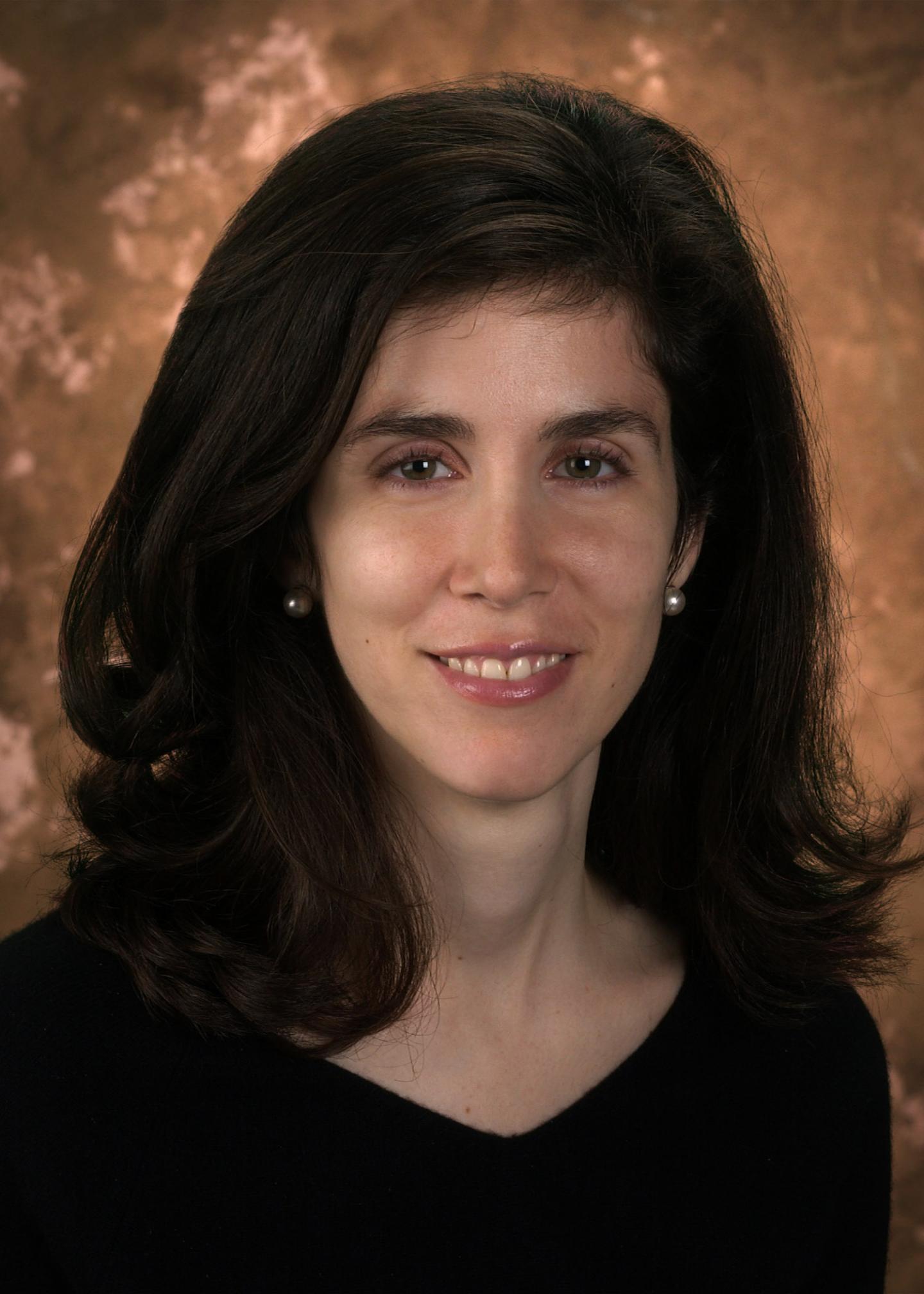
IMAGE: Luci Leykum, M.D., of the Long School of Medicine at UT Health San Antonio, led the i-HOPE Study that surveyed 499 stakeholders, resulting in 11 priority research questions that can… view more
Credit: UT Health San Antonio
SAN ANTONIO – American hospitals engage in continuous quality and safety improvement, but information remains scarce on what patients, families and caregivers themselves most want to change about their hospital experiences.
The i-HOPE Study, led by Luci Leykum, M.D., M.B.A., M.Sc., of UT Health San Antonio, sought to give patients, families and other stakeholders a voice in setting priorities for improving hospital care. Eight hospitalist researchers and their patient partners conducted the study, in which 499 patients, caregivers, health care providers and researchers stated their priority unanswered questions to improve hospital care. Respondents included 244 patients and caregivers. Forty-seven organizations partnered with the Society of Hospital Medicine to conduct the study.
Out of nearly 800 submitted questions, 11 were identified as top priorities. Topics included shared decision-making, patient-provider communication, care transitions, telemedicine and confusion about medications. “If answered, these questions could lead to significant improvements in hospitalization,” Dr. Leykum said.
Two-way communication
The top-ranked question is, “What interventions ensure that patients share in decision making regarding their goals and plans of care?” Studies before i-HOPE showed that while physicians were skilled at providing health information, they were less skillful at seeking feedback from patients, assessing patients’ level of understanding, or meaningfully incorporating patient preferences into treatment plans.
Communication between physician and patient is crucial throughout a patient’s hospital stay, from discussing treatment options to making joint decisions to knowing who to call after discharge, the study authors wrote. “Relationships between patients, caregivers and providers are critical for effective solutions and represent an important area for improvement,” Dr. Leykum said. “i-HOPE showed this.”
Committed team of diverse voices
The study has limitations. For example, although patients, caregivers and patient and family advisory councils were included from across the country, they may not be representative of all patients because the i-HOPE group of investigators is already engaged in improving health care delivery.
The study also has strengths. Questions were identified and prioritized by “a diverse group of voices and perspectives that typically are not included when prioritizing hospital research and improvement efforts,” the authors wrote. The innovative partnership between researchers, patients, caregivers and stakeholders ensures the relevance of the results.
Driving the national conversation
“We hope that patients and caregivers will use our results to advocate for research and improvement in areas that matter the most to them,” the authors noted. They also hope the results will drive a national conversation about how best to address the priority areas. Details on how the study was conducted are available at i-HOPE Study. The Twitter handle is @iHOPEstudy. The 11 priority questions are listed here.
“We invite patients and caregivers to have their seat at the table,” Dr. Leykum said.
###
Acknowledgments and background
The study was funded by a Patient-Centered Outcomes Research Institute (PCORI) Eugene Washington Engagement Award. The Society of Hospital Medicine provided additional administrative, logistical and technical support. The study was presented at the Hospital Medicine Annual Conference in March 2019.
Dr. Luci Leykum is a professor of medicine in the Joe R. and Teresa Lozano Long School of Medicine at UT Health San Antonio. She serves as chief of the Division of General and Hospital Medicine. In 2018, she was named to lead a first-of-its-kind center of excellence to improve services to veterans and their caregivers.
Dr. Leykum came to San Antonio after completing medical school and residency at the College of Physicians and Surgeons at Columbia University in New York City, where she also served on the faculty. She also holds an M.B.A. from Columbia. She is credentialed at the South Texas Veterans Health Care System, University Health System and CHRISTUS Santa Rosa Hospital – Medical Center.
Stay connected with UT Health San Antonio on Facebook, Twitter, LinkedIn, Instagram and YouTube.
The University of Texas Health Science Center at San Antonio, now called UT Health San Antonio, is one of the country’s leading health sciences universities. With missions of teaching, research, healing and community engagement, its schools of medicine, nursing, dentistry, health professions and graduate biomedical sciences have produced 36,500 alumni who are leading change, advancing their fields and renewing hope for patients and their families throughout South Texas and the world. To learn about the many ways “We make lives better,” visit //www.
Disclaimer: AAAS and EurekAlert! are not responsible for the accuracy of news releases posted to EurekAlert! by contributing institutions or for the use of any information through the EurekAlert system.

